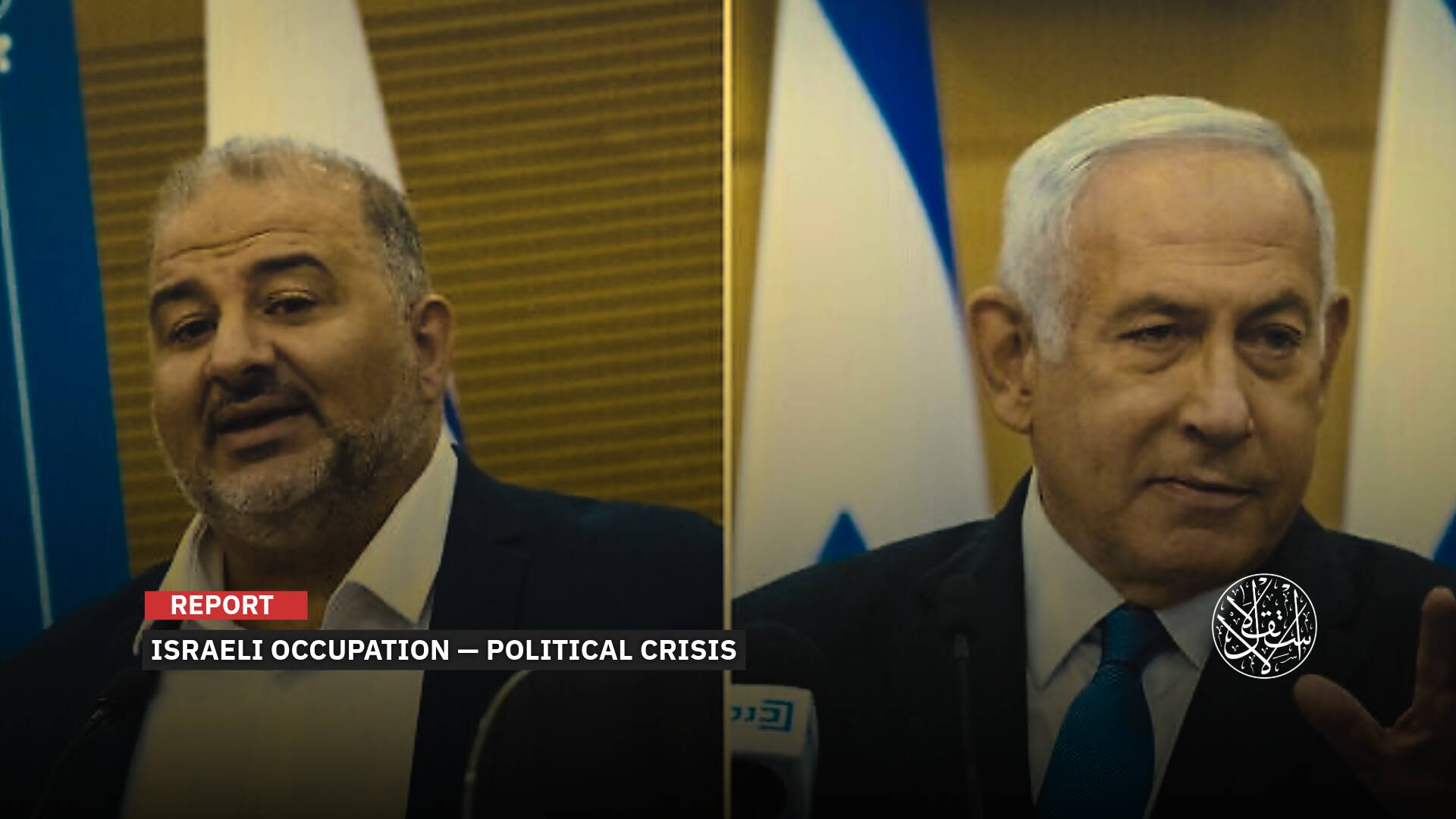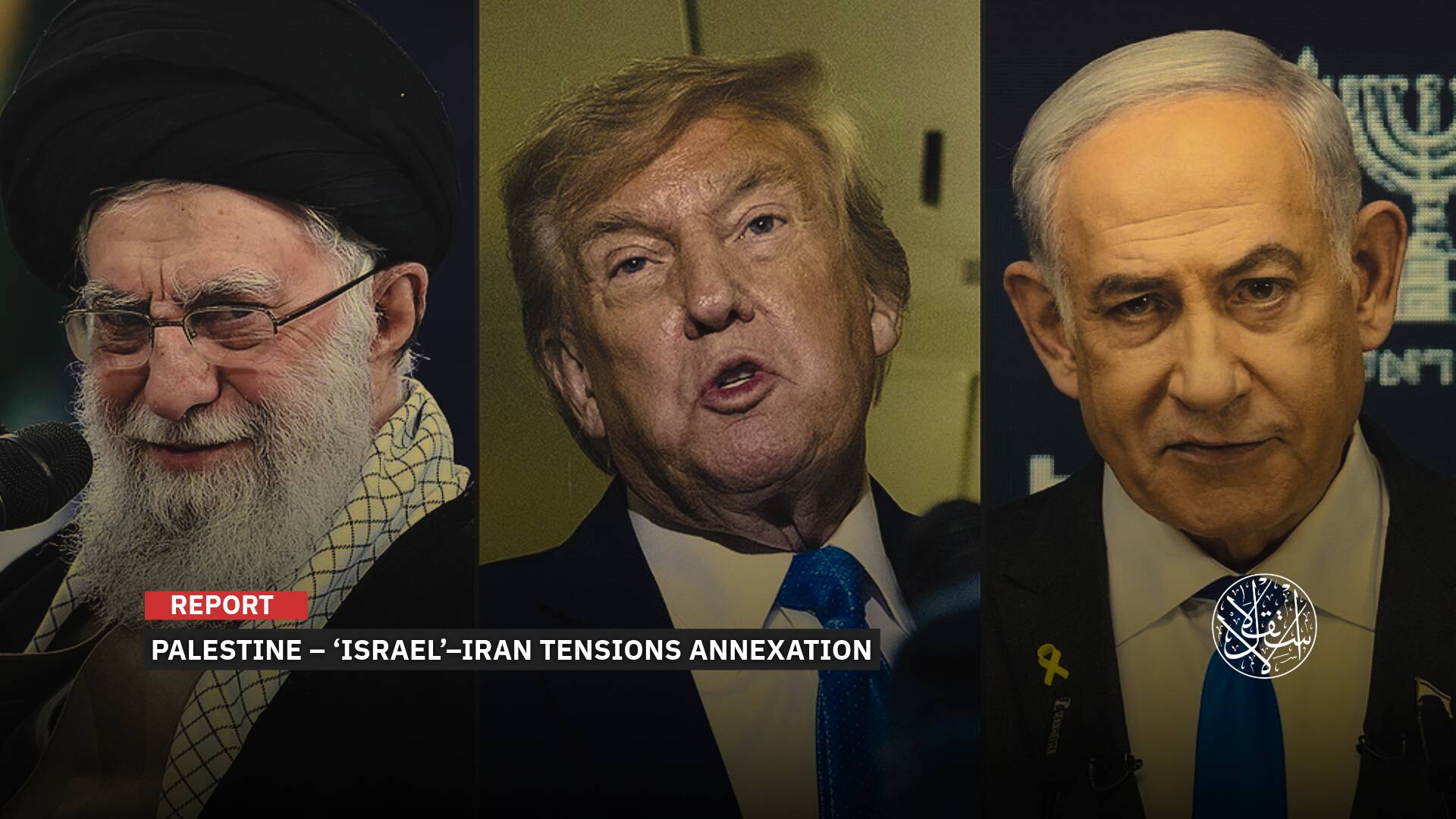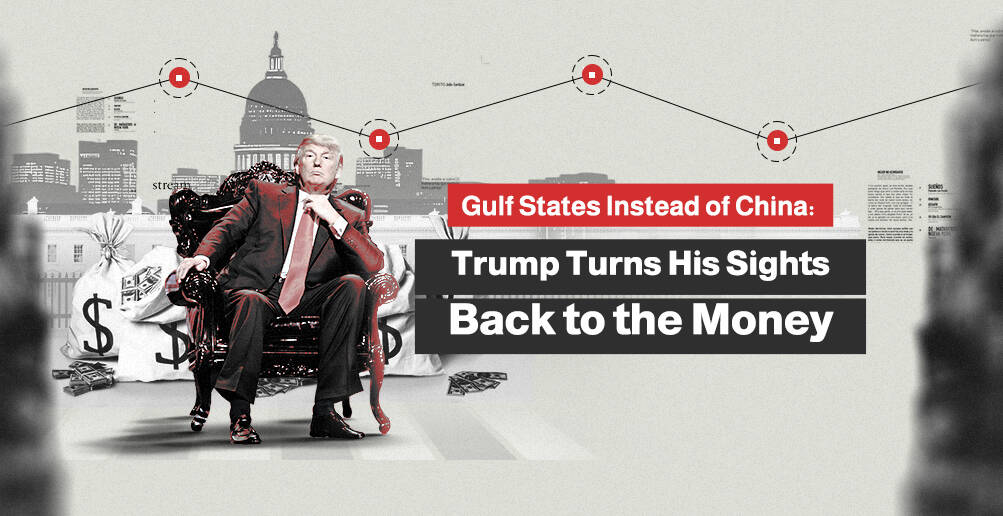Ethiopian Islamic Affairs Council Elections: Will They Restore the Muslims’ Influence in Abyssinia?
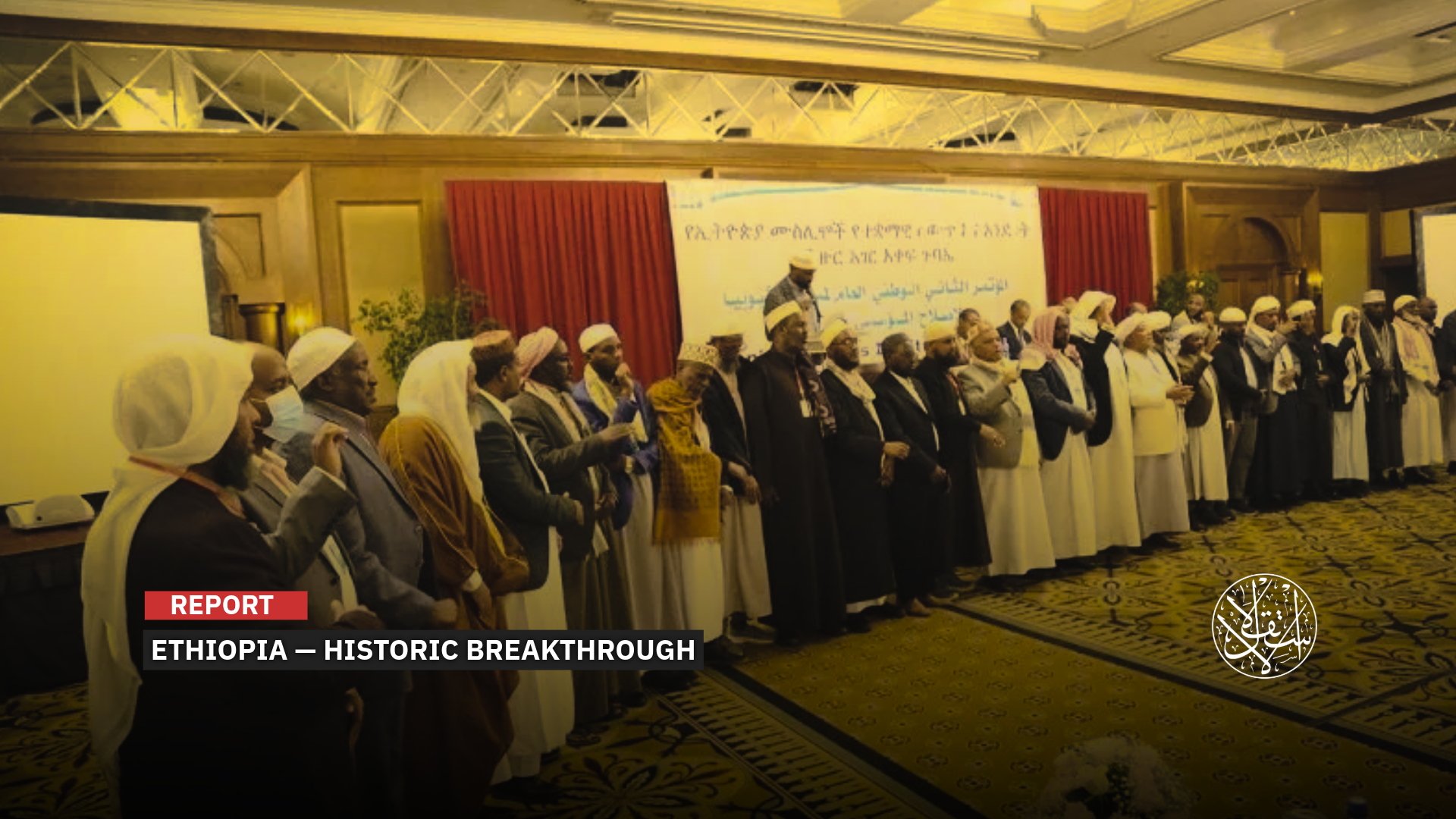
The elections are an unprecedented milestone for Ethiopian Muslims.
In an unprecedented show of Muslim influence in Ethiopia, the Supreme Council for Islamic Affairs held the country’s first-ever democratic elections of their kind in August 2025, with more than 13 million Muslims casting their votes across over 49,000 mosques.
Described as “transparent and historic,” the elections saw a strong turnout from scholars, youth, and women alike. Sheikh Haji Ibrahim Tufa was re-elected as president of the council for another five-year term, and was officially inaugurated on September 8, 2025.
The newly formed Supreme Council comprises 195 members, along with 15 executive members representing Ethiopia’s diverse regions. The body will oversee the country’s Islamic religious affairs over the next five years.
Democratic Elections
Over the course of three days, from August 15 to 17, 2025, and under the slogan “Our affairs are based on consultation, and our elections take place in our mosques,” Ethiopia witnessed its first public democratic elections in which Muslims across the country participated to choose the leaders of the Supreme Council for Islamic Affairs.
The elections marked a turning point in the history of the country and its Muslim community, spanning all of Ethiopia’s regions and resulting in the selection of 19 senior scholars and leaders, along with 120 members representing various areas, to lead the council.
According to the election committee, scholars and Islamic leaders accounted for around 65 percent of voter participation, while 35 percent of council seats were allocated to youth and women, in a move reflecting the diversity within the Muslim community.
The elections followed the Ethiopian government's recognition of the Supreme Council as an independent entity in 2020, part of a series of reforms launched by Prime Minister Abiy Ahmed Ali since 2018. These included the approval of Islamic banks and greater Muslim participation in state institutions.
An Islamic university was also established in Ethiopia’s Somali Region, welcoming students from both inside and outside the country.
At the time, Council President Sheikh Ibrahim Tufa described the Abiy administration as a “reformist government,” saying it had “taken bold steps to address the genuine demands of the Muslim community, including recognizing the Supreme Council as a legal entity.”
The previous elections were held on July 18, 2022, when Sheikh Ibrahim Tufa was elected president of the Ethiopian Islamic Affairs Supreme Council (EIASC), alongside Sheikh Abdul Karim Badr al-Din, Sheikh Abdulaziz Abdulweli, and Sheikh Hamid Musa, who were elected vice presidents and secretary general, respectively.
In November 2012, protests erupted among Muslims following a government-organized sham election for the Supreme Islamic Council. Police reportedly assaulted demonstrators and arrested more than 100 people, including nine prominent Muslim leaders, according to Voice of America.
Many Ethiopian Muslims staged protests against the election process of the Islamic Council at the time, which included 11 executive members and saw Sheikh Kiar Mohammed Aman appointed as its president.
Protesters claimed that the government was attempting to manipulate the council’s election results and promote a more liberal interpretation of Islam, known locally as “Al-Ahbash.”

Clear Marginalization
Muslims in Ethiopia have long complained of marginalization, and on May 26, 2023, they took to the streets in protest after the government demolished 22 mosques, citing urban expansion. The move was described by Politics Today magazine on June 21, 2023, as an act of “Islamophobia.”
While the Ethiopian government insisted it was not targeting mosques, the disproportionate number of demolitions, 22 in total, sparked outrage among the Muslim community, particularly as plans reportedly involved the demolition of up to 300 mosques on the grounds that they were “illegal.”
A previous report by Al-Estiklal noted that the protests were merely a warning bell to alert the authorities and caution them against igniting wider anger.
Muslims make up 33 percent of Ethiopia’s total population, amounting to 36 million out of 113 million, according to official statistics, and up to half the population by other estimates.
On May 27, 2023, the Supreme Council for Islamic Affairs in Addis Ababa issued an 11-point statement condemning the destruction of mosques and the killing of Muslims who had tried to defend them.
The council called for an independent investigation committee made up of government and Islamic Affairs Council representatives to examine the attacks on two mosques in Addis Ababa.
It also urged the Oromia regional government to immediately halt the demolitions in the city of Sheger and to rebuild the mosques it had destroyed, accusing the authorities of showing a lack of respect for Islam and Muslims.
In some Ethiopian cities, such as the ancient city of Aksum, local Orthodox Christians have gone as far as preventing the construction of mosques, claiming the area to be a “holy city,” according to a BBC report published on June 25, 2019.
The reason given by Ethiopian Orthodox Christians for blocking mosque construction in Aksum is their belief that the city is the historic home of the Queen of Sheba and the Ark of the Covenant, said to contain the Ten Commandments revealed to the Prophet Moses.
This stance comes despite Aksum’s historical reputation for religious tolerance. The city is believed to have received the first Muslim migrants fleeing persecution from the Quraysh tribe around the year 600 CE.
The Christian king welcomed them and facilitated the first Islamic presence in the region.
Today, Muslims make up around 10 percent of Aksum’s population, numbering approximately 73,000 people, compared to 85 percent Orthodox Christians.
Local Muslims have launched several campaigns calling for the right to build a mosque in the city, but Christian leaders have firmly rejected these efforts.
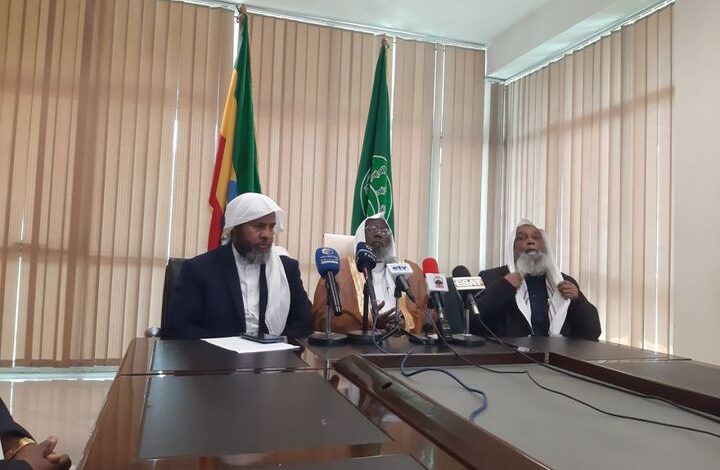
Significance and Implications
The elections aimed to renew the legitimacy of the council and strengthen Muslim participation in religious and institutional decision-making. They were not merely a democratic exercise, but a significant moment that embodied the values of consultation and participation, while showcasing the growing strength and influence of Ethiopia’s Muslim community.
The decision to hold the vote in mosques carried deep symbolic weight, linking the mosque’s historic role in building Islamic societies with its present-day function in promoting democracy, according to the re-elected council president, Ibrahim Tufa.
Tufa said the elections marked a qualitative shift in entrenching the principles of consultation and inclusion, and revived the memory of the mosque as a foundational institution in Islamic governance, a center of learning, guidance, and justice.
“For the first time, Muslims were able to freely and democratically choose their representatives after years of marginalization,” he said.
Muslims in Ethiopia have long suffered from political and religious exclusion, despite the fact that the first migration in Islamic history was to Abyssinia.
For centuries, the Muslim presence remained confined to small, unsupported communities, while the Ethiopian Orthodox Church maintained dominance over public life since the 4th century CE.
That landscape is now changing. The call to prayer is heard in major cities, public spaces for Eid prayers and Ramadan iftars are increasingly common, in what Islamic organizations in Ethiopia describe as a rebirth of the country’s Muslim community.
This is why the success of the election holds such significance. It is seen as a step toward meaningful representation and political participation for Muslims in a country of more than 120 million people, where Muslims are believed to make up more than half the population.
The election’s importance also lies in the fact that it “granted the council a popular mandate, elevating it beyond a symbolic representative body to a credible institutional partner in matters that concern the Muslim community.”
“There is a fundamental difference between a council imposed from above and one elected by the will of the people,” said Ethiopian researcher and writer Ali Omar in an interview with al-Mujtama, a Kuwaiti magazine, on August 26, 2025.
Omar added that what sets this experience apart is the division of council seats among five groups, scholars, intellectuals, women, youth, and the public, reflecting an expanded electoral base and a qualitative shift in the council’s structure.
This, he said, means that leadership is no longer the exclusive domain of clerics but has become pluralistic, representing all segments of the Muslim community.
The historic significance of these elections, he argued, is that they will grant the Islamic Council institutional and religious authority to lead civil society organizations, which are among the most important incubators of democratic culture and the peaceful transfer of power in Ethiopian society. This view was echoed by Yasin Ahmed Bagay, head of the Ethiopian Institute for Public Diplomacy, in the same al-Mujtama interview.
Another key outcome of the election was its unifying effect on the Muslim community, particularly after growing sectarian tensions, often exacerbated by Ethiopian authorities, threatened to divide it.
According to Ethiomonitor, an Ethiopian news outlet, on May 28, 2025, the electoral movement unfolded within a complex religious and political context, marked by the controversy surrounding what became known as the “Sheraton Hotel Meeting.”
The uproar followed comments by former Grand Mufti of Ethiopia, Sheikh Omar Idris, who accused certain parties of attempting to impose sectarian alignments, particularly between the Salafi current, locally referred to as the Wahhabi approach, and the Sufi Ashʿari tradition, which remains dominant among Ethiopia’s Muslims.
Supporters of Sheikh Omar, who played a prominent role in securing official recognition of the Supreme Council and other Islamic institutions such as banks and universities, view the current situation as a step back from earlier efforts toward unity and consensus, Ethiomonitor reported.
Still, the outlet described the elections as “an unprecedented event in the history of Ethiopian Muslims,” noting that it was the first time elections were held through ballot boxes, with Muslim voters from across the country selecting their representatives themselves, a scene rarely witnessed, signaling a profound shift in the relationship between the state and its Muslim citizens.
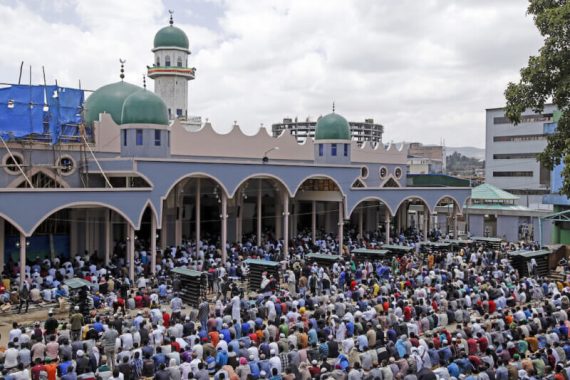
Supreme Council
The Ethiopian Islamic Affairs Supreme Council (EIASC) was established in 1976 by official government decree as the sole legitimate representative of Muslims in Ethiopia.
It is one of seven recognized religious institutions that form part of the Inter-Religious Council of Ethiopia (IRCE).
Its formation followed years of fragmentation, during which Islamic activities were managed separately by local associations and mosques. Locally, it became known as Majlis, or the Islamic Supreme Council.
Today, it is regarded as the highest religious authority representing Muslims across the country. In mid-2020, it received formal recognition from the Ethiopian government, granting it oversight of Muslim affairs in all 12 regional states and two chartered cities, the capital Addis Ababa and Dire Dawa.
On June 11, 2020, Ethiopia’s House of Representatives approved legislation formally establishing the Ethiopian Islamic Affairs Supreme Council (EIASC, also known simply as “the Council”), a move widely seen as a positive development for the country’s Muslim community.
The council plays several key roles, including religious and political representation. It serves as the official voice of Ethiopian Muslims in matters related to religion, education, and social issues.
It also oversees mosque affairs, religious schools, and curricula, coordinating closely with the Ministry of Education, and supervises Islamic institutions such as Quranic schools and Islamic institutes.
Among its other responsibilities are promoting Islamic culture, organizing major religious events such as Ramadan, Mawlid, and the two Eids, promoting civil peace, countering extremism, regulating Hajj and Umrah travel for Ethiopian Muslims, and managing Islamic endowments and charitable programs.
The council also functions as the formal link between the Ethiopian government and Islamic communities and organizations, both domestically and abroad.
Originally established as a quasi-governmental body, the council has long operated under direct state supervision, and has at times been accused of acting as a governmental tool to monitor and control the Muslim population, particularly during past regimes.
Sources
- Demolishing Mosques in Ethiopia: Urbanization or Islamophobia
- The Ethiopian Islamic Affairs Supreme Council Eiasc Has Announced
- Ethiopia’s Supreme Islamic Council Elections: Between Official Recognition and Sectarian Divisions [Arabic]
- Ethiopian Muslims Conclude Elections for the Federal Islamic Council Amid Hopes for a New Chapter [Arabic]








